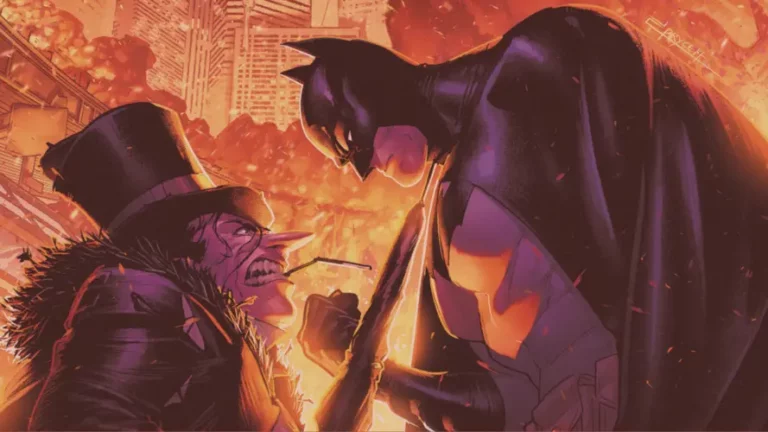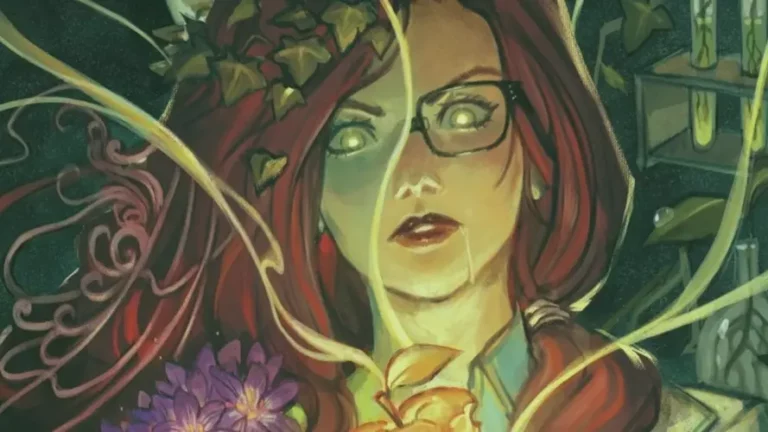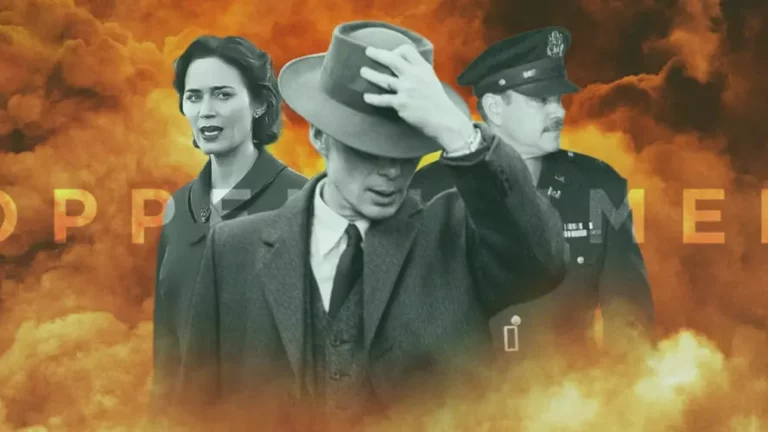The departure of Katie Holmes from Christopher Nolan’s esteemed Dark Knight Trilogy, where she originally portrayed Rachel Dawes in “Batman Begins,” was marked by a straightforward reason. Opting to explore diverse acting opportunities, Holmes’ exit paved the way for Maggie Gyllenhaal’s commendable performance in the sequel, “The Dark Knight.” Unlike many Hollywood recastings fraught with controversy, this transition was notable for its grace and mutual respect between the two actresses.
The Dark Knight Trilogy’s Legacy
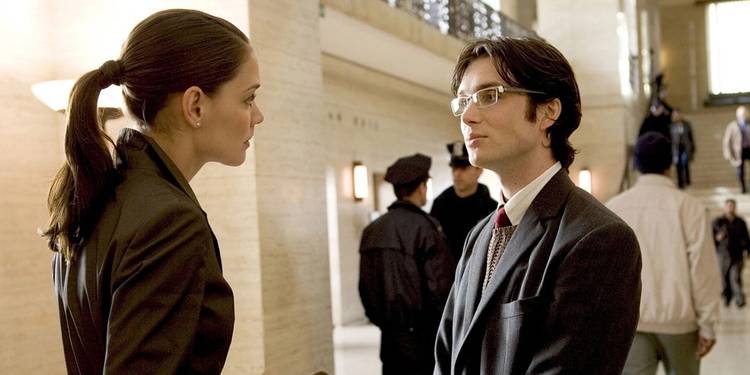
Christopher Nolan’s Batman series is celebrated for its intricate storytelling, compelling characters, and philosophical depth. Among the standout roles, Rachel Dawes significantly impacts the narrative, influencing both Bruce Wayne and Harvey Dent profoundly. Holmes’ decision not to reprise her role for the sequel was amicable, avoiding the typical turmoil associated with such departures in the industry.
The Significance of Rachel Dawes
Rachel Dawes, an original character introduced in “Batman Begins,” plays a pivotal role in Bruce Wayne’s development. Her tragic demise in “The Dark Knight” catalyzes significant emotional turmoil for both Wayne and Dent, illustrating her importance beyond a mere damsel in distress. The character’s depth ensures her impact resonates throughout the trilogy, emphasizing the narrative weight of such a role.
Behind the Scenes of the Casting Change
Holmes’ departure from the trilogy was driven by a desire to pursue other projects, specifically choosing “Mad Money” over “The Dark Knight.” This decision was not marred by conflicts or regrets, showcasing a professional approach to career progression. Maggie Gyllenhaal was then selected to fill the void, earning acclaim for her portrayal of Dawes. The transition was characterized by professionalism and respect, with Gyllenhaal even seeking Holmes’ approval, which was graciously given.
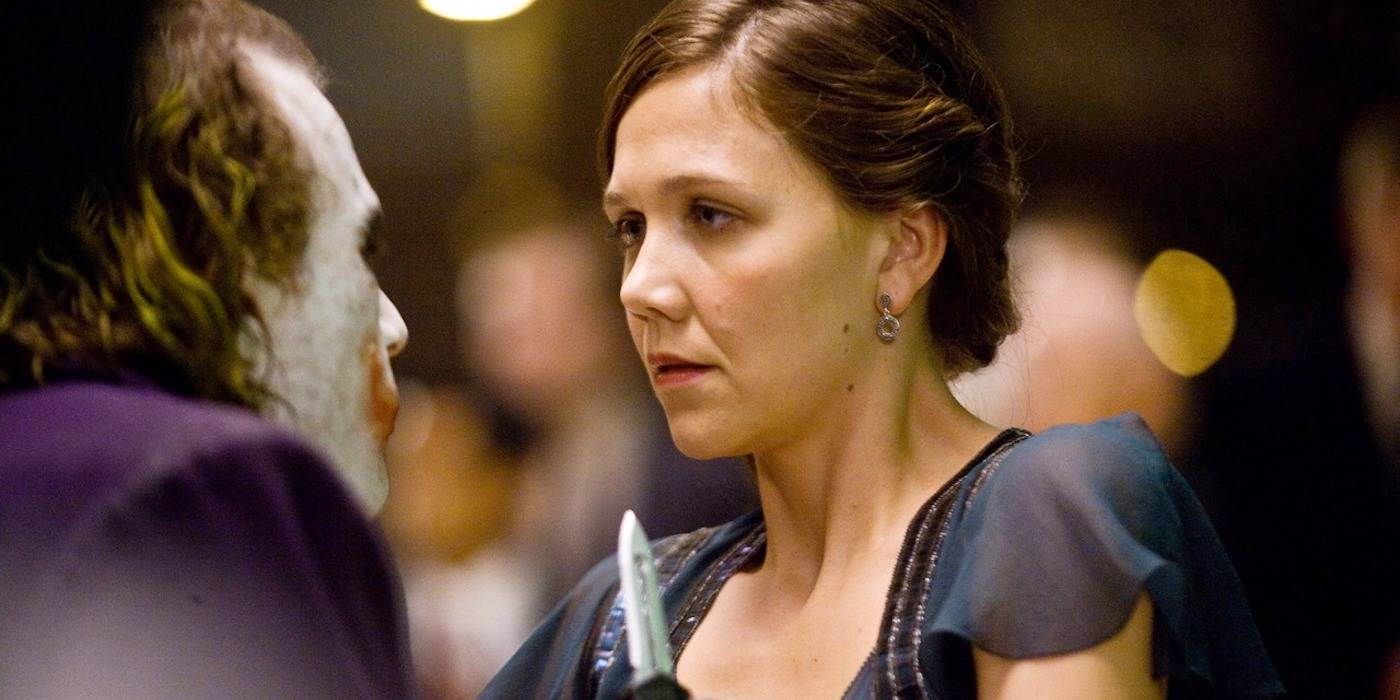
The Challenges of Recasting
Changing actors within a series presents considerable challenges, often leading to public and behind-the-scenes discord. However, the seamless transition between Holmes and Gyllenhaal stands as a testament to the maturity and professionalism of all involved, setting a positive example for handling such changes in Hollywood. Unlike other instances in the industry, this recasting maintained the integrity of the narrative and the character, ensuring the trilogy’s continuity and success.
Conclusion
The recasting of Rachel Dawes in the Dark Knight Trilogy exemplifies a respectful and well-managed transition in a major film series. Katie Holmes’ departure and Maggie Gyllenhaal’s subsequent takeover were handled with grace, highlighting the possibility of positive outcomes in situations that often result in controversy. This approach not only preserved the character’s legacy but also contributed to the enduring acclaim of Nolan’s Batman series.


